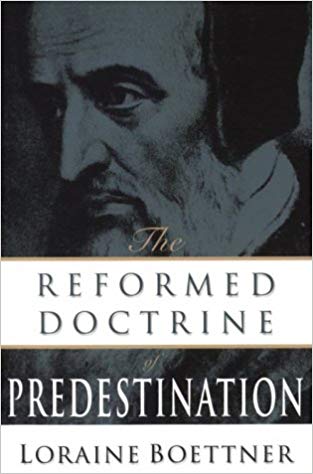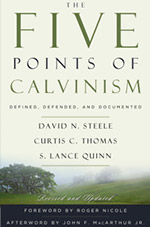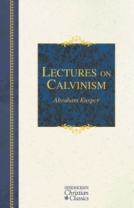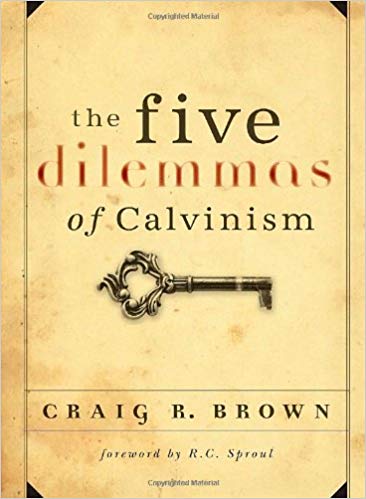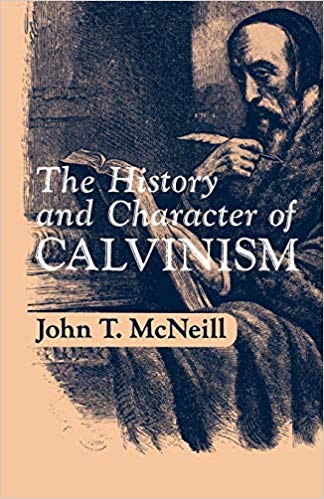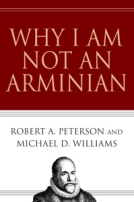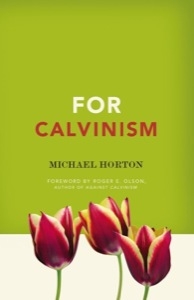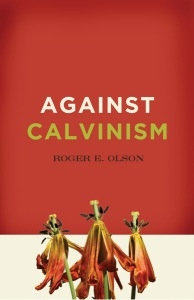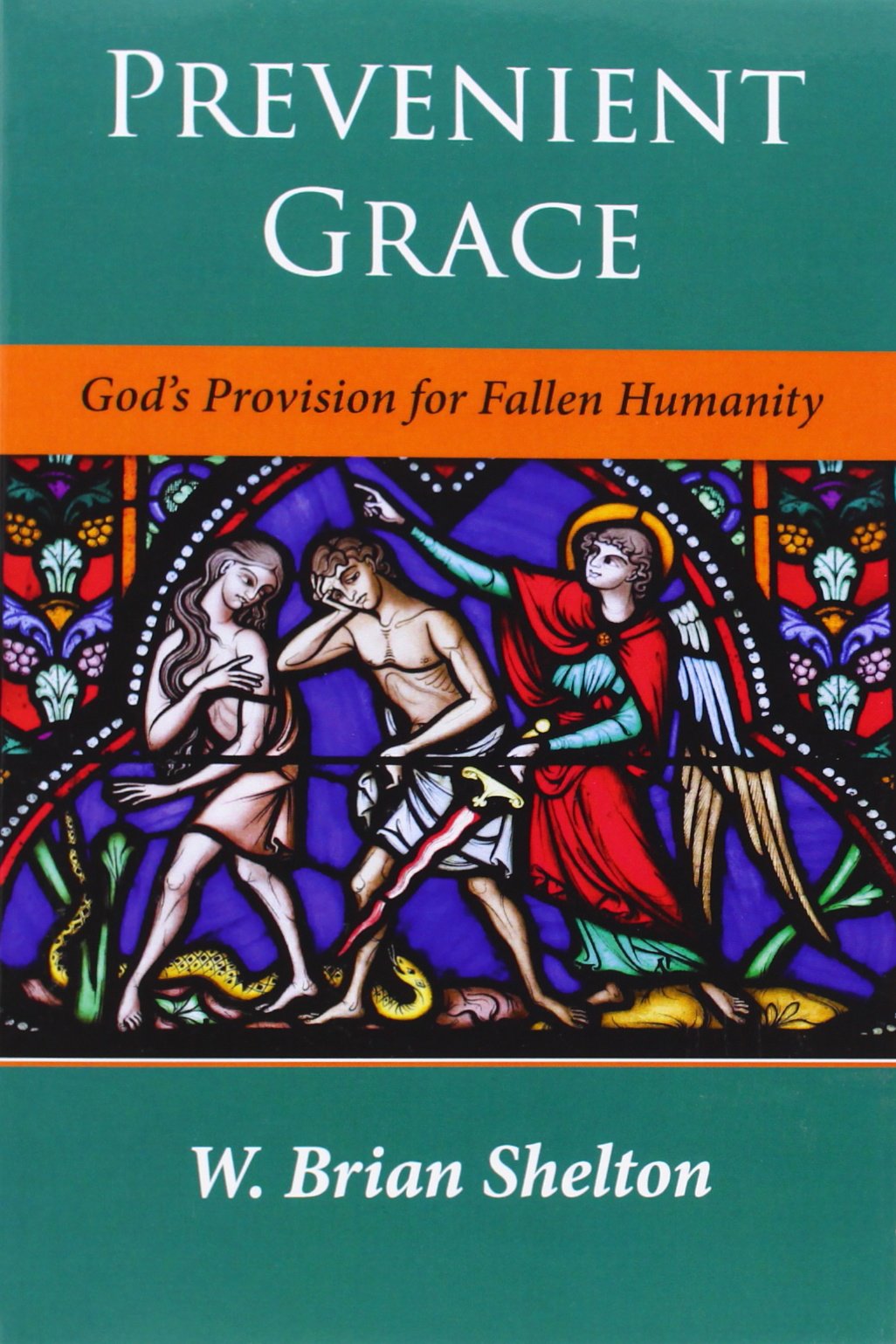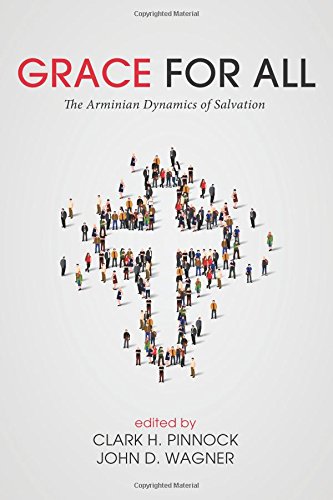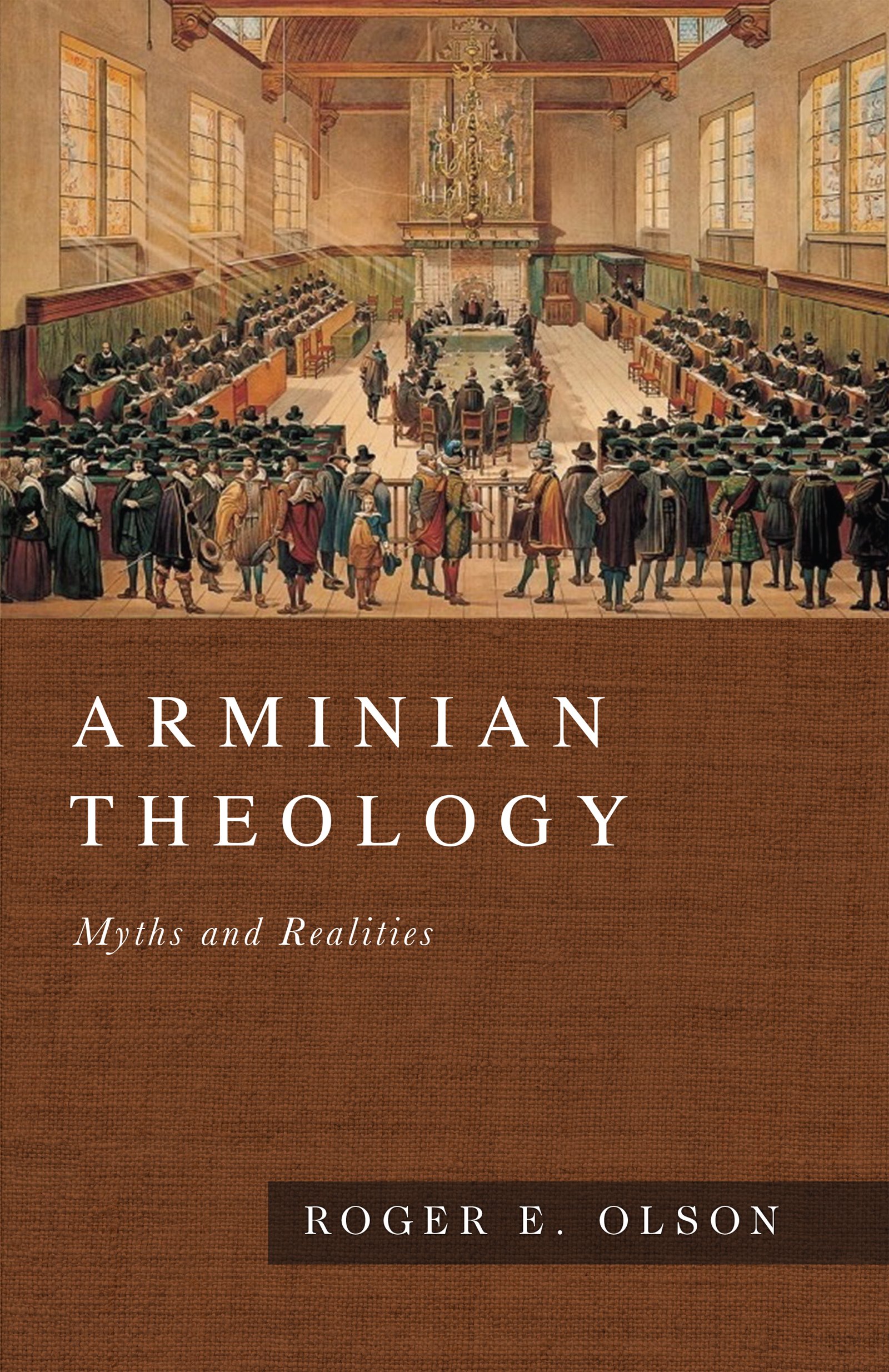For all Bible-believing Christians, the most important question in matters of doctrinal dispute is this: what is the Bible’s teaching as it pertains to the issue at hand? Calvinists and Armimans likewise must turn to the Bible. The critical question is whether or not the doctrine of prevenient grace is supported by Scripture. We cannot examine this issue until we see the arguments that are put forward to defend the doctrine. Wesleyans use at least four arguments to support the idea that prevenient grace is a doctrine rooted in Scripture.
First, the Scripture text that is appealed to quite often is John 1:9.[34] ”The true light that gives light to every man was coming into the world.” The meaning of this text is not analyzed in detail by Wesleyan scholars, but their understanding seems clear enough. The coming of Jesus Christ into the world brought enough light to all people so that they are now able to reject or accept the message of the gospel. The illumination (photizet) refers to the granting of grace that overcomes the darkness that penetrated human hearts as a result of Adam’s sin. This illumination does not guarantee salvation; it simply makes it possible for men and women to choose salvation.
Such an understanding of the verse may be confirmed in the subsequent context. Some rejected the light and ”did not receive him” (John 1:11), while others responded to the light and ”received him” (John 1:12). It should also be noted that this illumination is not restricted to a few. It is granted to ”every person” (panta anthropon). This would support the Wesleyan view that prevenient grace is given to all people.
A second argument employed by Wesleyans is that prevenient grace is granted in the atonement of Christ (e.g., Tit. 2:11; John 12:32).[35] This argument is bound up with the universality of Christ’s atonement. His death for all necessarily implies that grace is given to some extent to all. The argument is that Christ would not die for all unless all were granted the opportunity to accept or reject him. John 12:32 can be understood as supporting this theory. Jesus says, ”But I, when I am lifted up from the earth, will draw all men to myself.” Henry Thiessen says about this verse, ”There issues a power from the cross of Christ that goes out to all men, though many continue to resist that power.”[36] In the death of Christ grace is operative so that all people are ”drawn” (helkuo) to him. The drawing does not guarantee salvation but makes it possible,[37] supporting the idea that grace is given in the atonement that reverses the total inability of people to choose God. In addition, it should be pointed out that John 12:32 refers to ”all people” (pantas). The grace given in the atonement is not limited to some but is universally distributed, giving all people everywhere the opportunity to respond or reject it.
The third Wesleyan argument in favor of prevenient grace has a theological cast. God must have granted the power to choose him because otherwise the warnings, invitations, and commands in Scripture are meaningless.[38] Why would God give commands to people if they are unable to put them into practice? There are numerous texts in Scripture in which cornmands, invitations, and warnings are employed. Perhaps Romans 2:4 is a particularly appropriate verse to cite in support.[39] ”Or do you show contempt for the riches of his kindness, tolerance and patience, not realizing that God’s kindness leads you toward repentance?” God would not cornmand people to repent and be waiting for them to repent if he knew that they could not do so. His kindness is such that he has provided the means for every person to repent if they would only avail themselves of that means.
Fourth, prevenient grace is supported by the very nature of God.[40] A God of mercy, wisdom, justice, and love would not leave human beings without an opportunity to repent and choose salvation. A God of love and mercy who desires all to be saved (1 Tim. 2:4) would see to it that all have the chance to partake of salvation. If God elects only a few, he is guilty of partiality.[41]


